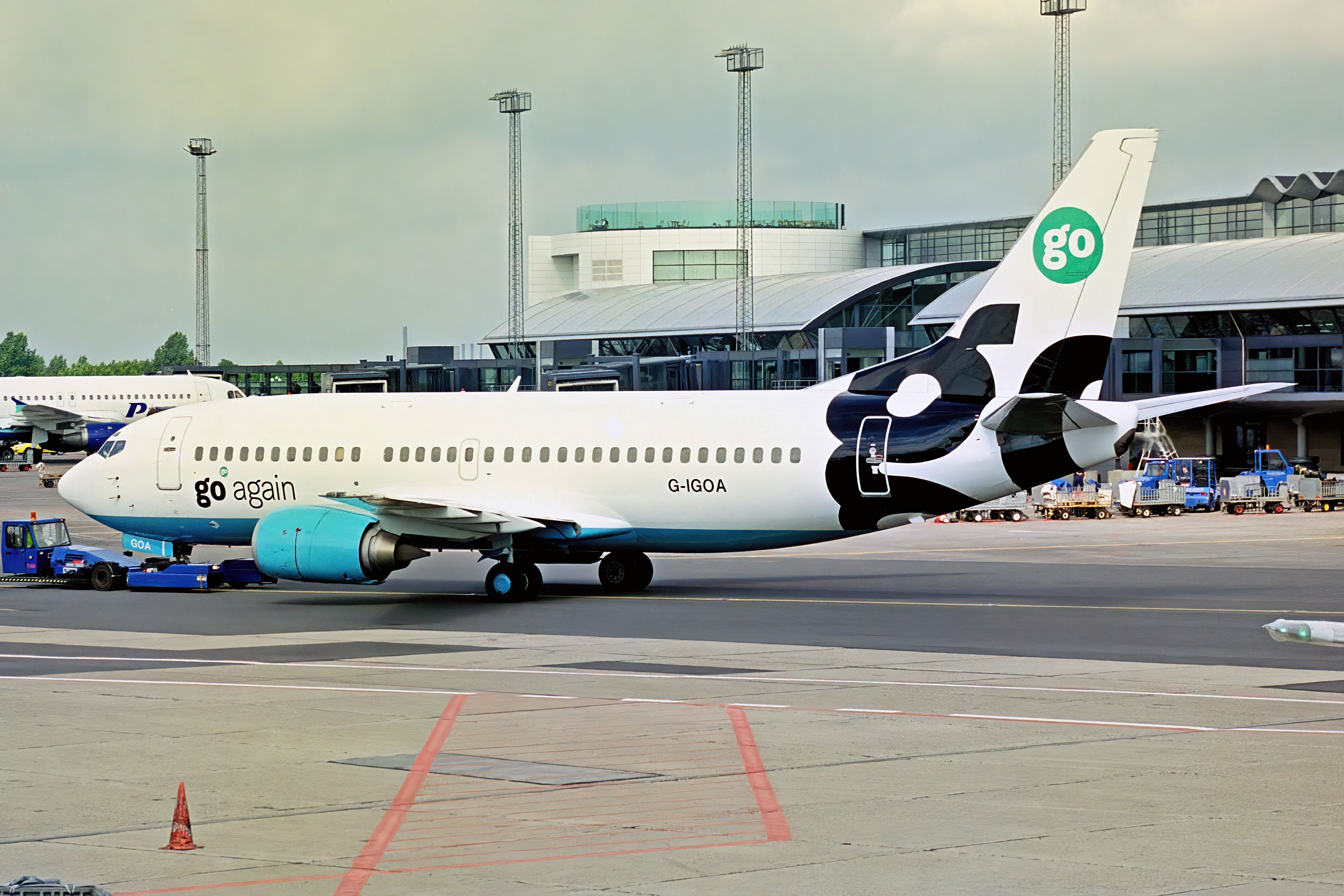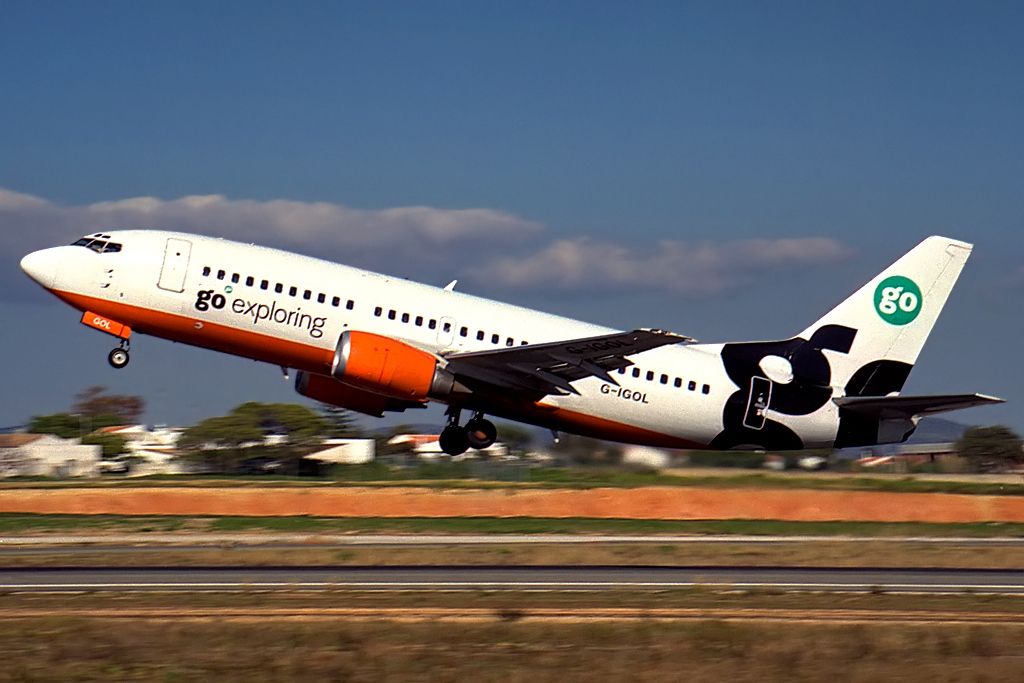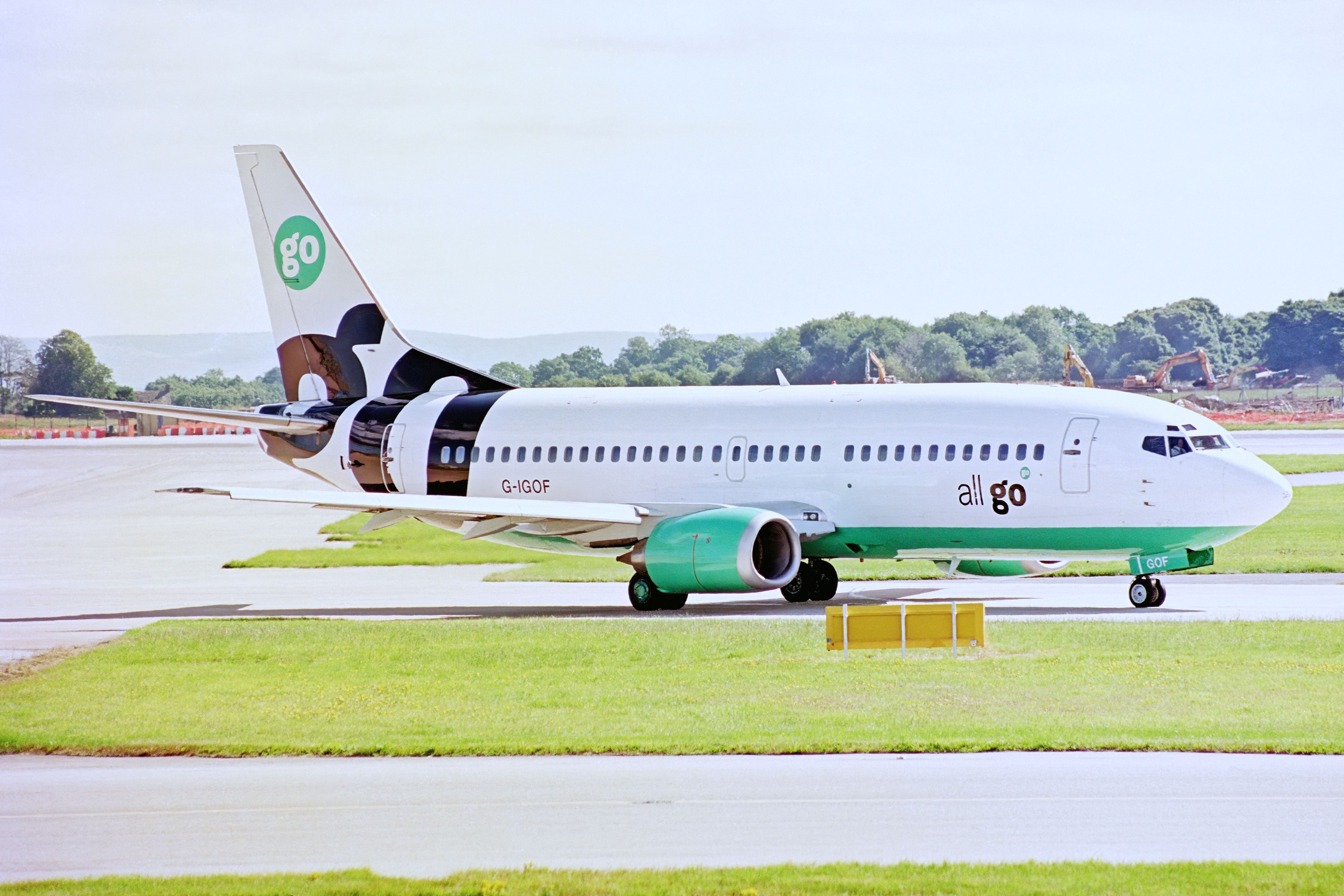Summary
- British Airways launched a low-cost carrier called Go in 1998, inspired by the success of EasyJet. The launch was met with protest from EasyJet employees.
- Go was eventually sold to EasyJet in 2002 and merged with the airline's operations. British Airways did not successfully implement the low-cost model.
- British Airways could have kept Go and turned it into a low-cost subsidiary like BA Euroflyer, which operates at London Gatwick with cheaper ticket prices. BA could have competed with EasyJet and targeted a different passenger demographic.
While many may be familiar with LEVEL, the new low-cost airline launched by British Airways owner IAG, much fewer are aware of the British Airways low-cost carrier history. In 1998 British Airways launched a budget airline under the name Go. The airline was supposed to be challenging the low-cost model which Ryanair and EasyJet had so successfully launched. Various reports even suggest that BA’s CEO of the time had copied Stelios Haji-Ioannou‘s business plan.
Questionable Beginnings
Back in 1998, the world was swept away by the low-cost carrier. All of a sudden flying became so much more accessible to so many more passengers. Not wanting to miss a trick, British Airways decided to join in on the excitement. This is after Barbara Cassani, who went on to head the subsidiary, dreamt up the idea while flying on Concorde. According to Behind Enemy Lines by James Curtis, BA’s CEO at the time, Bob Ayling, requested to meet EasyJet founder Stelios Haji-Ioannou. He allegedly claimed that he was fascinated by how the entrepreneur had made the low-cost airline formula work. This is when Stelios supposedly showed Bob Ayling his business plan.
Clearly, the launch of this new airline did not please Mr Haji-Ioannou. The businessman who owns the Easy brand protested against the formation of this new airline. The airline's inaugural flight departed from Stansted bound for Rome in May 1998. Fare paying passengers included Stelios Haji-Ioannou, in addition to several other EasyJet employees. The EasyJet employees immediately took an aggressive stance against Go, turning up to the flight in orange boiler suits. Once onboard, they began to hand out vouchers for free flights aboard EasyJet.
Hundreds Of Thousands Of Passengers
At the time of the airline's launch, Bob Ayling told the BBC:
By offering competitive fares and flying to Europe's most popular cities, this new airline will quickly become a favourite with the budget traveller. We expect hundreds of thousands of people who have never taken to the air before, to travel with the new company. This is a new and exciting sector of the European air travel market and British Airways wants to be part of it, becoming the best of the new low-cost carriers, not watching from the sidelines.
Eventual Failure And Sale
British Airways never quite successfully figured out the low-cost model. However, Barbara Cassani, the lady in charge of the subsidiary, ended up making a tidy profit of the venture. In 2001 the airline was sold to an investment firm called i3, who in turn sold the airline to its biggest rivals EasyJet a year later in 2002. Following the acquisition, Easyjet merged the airline's operations with its own.
 Go in today's industry
Go in today's industry
There is an argument to be made that British Airways could have worked with Go in today's industry as they are becoming more like a low-cost carrier in its own right. In 2001, the airline stated that Go no longer fitted with its new strategy of flying fewer routes and focusing on higher-paying business traffic. However, just 20 years after selling Go, British Airways started another low-cost short-haul subsidiary airline called BA Euroflyer.
While BA Euroflyer is not a fully low-cost airline, unlike its predecessor, Go, BA Euroflyer is based at London Gatwick. Furthermore, BA Euroflyer is operated with British Airways aircraft and with British Airways crew dressed in British Airways uniform. Passengers also receive identical service to flying British Airways' mainline flights:
- Complimentary water and snacks in economy
- Full meal service in business class
- Lounge access
- Frequent flyer rewards
The only difference is the lower ticket prices as they will rival those of low-cost carrier EasyJet. So British Airways could have worked with Go and turned it into what is now the BA Euroflyer brand serving destinations across Europe.
British Airways could have kept its short-haul network at Gatwick by moving Go's base there from Stansted. By keeping Go, British Airways could have competed head-to-head with EasyJet like it is doing with BA Euroflyer and appealed to the passenger demographic currently targeting. Furthermore, as low-cost airlines have strengthened in Europe and beyond, British Airways could have stayed and succeeded in the competitive low-cost market by using Go to target a different passenger demographic.
According to data from ATDB.aero, six of Go's Boeing 737-300 aircraft are still active. Four of the 737-300s registered C-GCNO, C-GZCN, C-GICN, and C-GPNL all operate with Canadian North Airlines. British low-cost airline Jet2 operates another 737-300 with the registration of G-GDFT. The last of Go's still active aircraft is a 737-300 registered G-OFRA and operates for Iranian-based Karun Airlines.
Was This BA's Biggest Mistake?
The sale and demise of GO probably wasn't the worst idea. The airline wasn't doing great and was being heavily subsidised by British Airways. There is the argument that things may have worked out, but BA would've probably made more losses before gains. At the time British Airways may not have fully understood where the industry was going. They were concerned that they were losing British Airways passengers to Go. Something that Emirates CEO Tim Clark is all too aware of with the launch of their new premium economy product.
Since then British Airways parent IAG has gone on to form a new low-cost airline called LEVEL. Unfortunately, due to the high cost of Air Passenger Duty, the airline has no plans to fly from the UK any time soon. Only time will tell if LEVEL is a success. Did you fly on GO back in the day? Let us know below!


